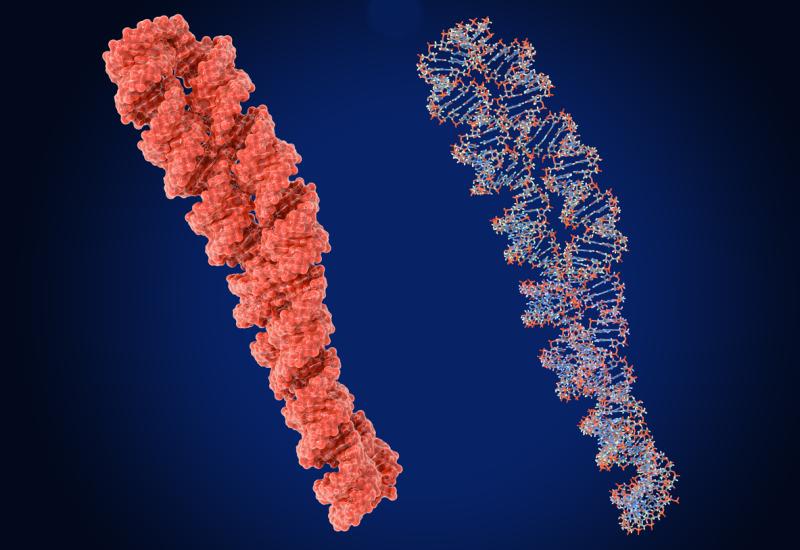
Kymera's oncology comeback, courtesy of Gilead

If developing compounds that act selectively at CDK2 has broadly failed to live up to its billing this isn't putting off Gilead. In a deal announced on Wednesday the company is paying Kymera Therapeutics $85m up front for rights to just such a discovery programme. Importantly, however, this doesn't involve CDK2 inhibitors – where Pfizer's PF-07104091, Incyte's INCB123667 and Blueprint's BLU-222 have underwhelmed, at least as monotherapies – but rather CDK2 degraders. Gilead has drawn a distinction between the two approaches, stating that "traditional inhibitors" merely prevent CDK2 from working, while molecular glue degraders can eliminate the target protein entirely. The view echoes that of Blueprint and Monte Rosa, which are both developing CDK2 degraders that they have claimed show preclinical superiority to CDK2 inhibitors. The latest deal is something of a surprise from Kymera, which last October shifted priorities away from oncology and towards immunology after discontinuing its IRAK4 degrader KT-413. For Gilead/Kymera the most advanced competition is the private company NiKang, which has clinical-stage CDK2 and CDK2/4 degraders. Whether Monte Rosa, whose stock has crashed 78% since IPO, or Blueprint, which is being bought by Sanofi, continue work on CDK2 degradation remains to be seen.
CDK2 degraders in development
| Project | Mechanism | Company | Status |
|---|---|---|---|
| NKT5097 | CDK2/4 degrader | NiKang | Ph1 in solid tumours |
| NKT3964 | CDK2 degrader | NiKang | Ph1 in solid tumours |
| MRT-51443 | CDK2 degrader | Monte Rosa | Preclinical (planned 2025 IND filing) |
| Unnamed | CDK2 degrader | Sanofi (ex Blueprint) | Preclinical (also has a preclinical CDK4 degrader) |
| Unnamed | CDK2 degrader | Plexium | Preclinical |
| Unnamed | CDK2 degrader | Gilead/ Kymera | Preclinical |
Source: OncologyPipeline.
2079













